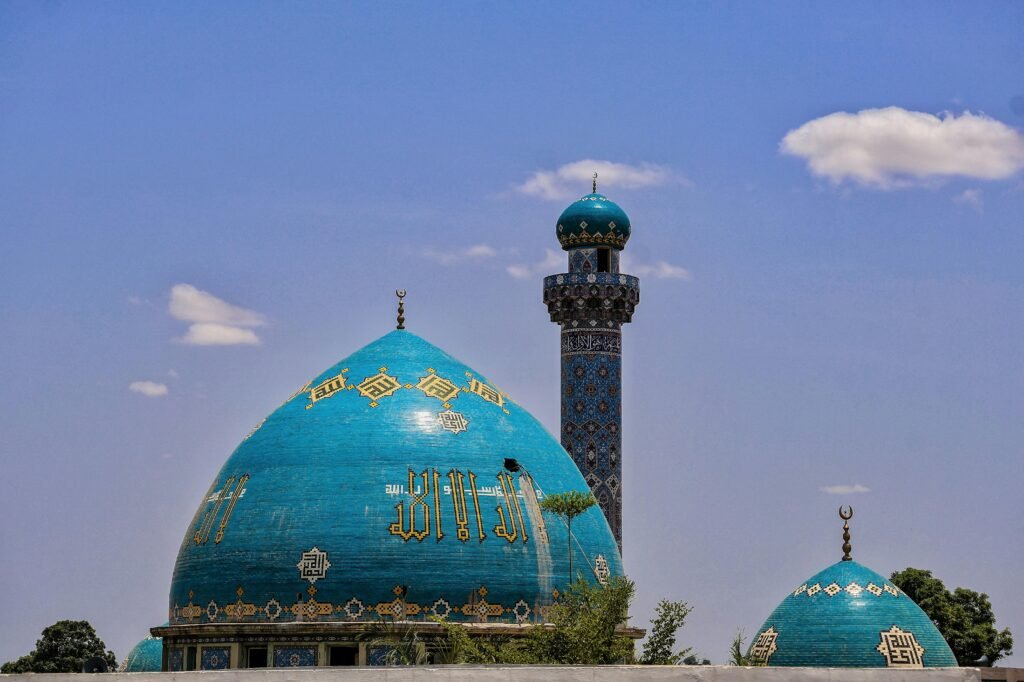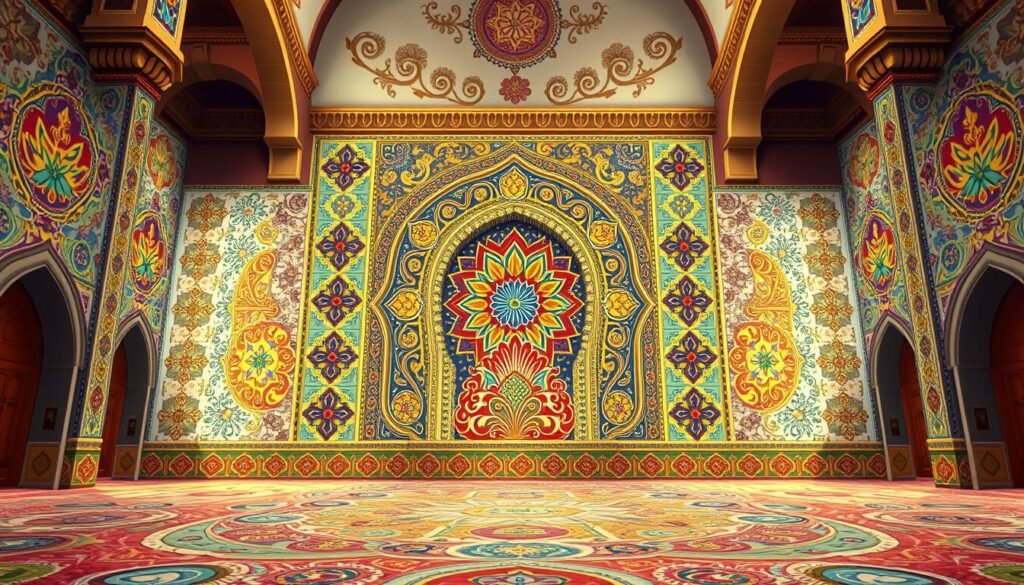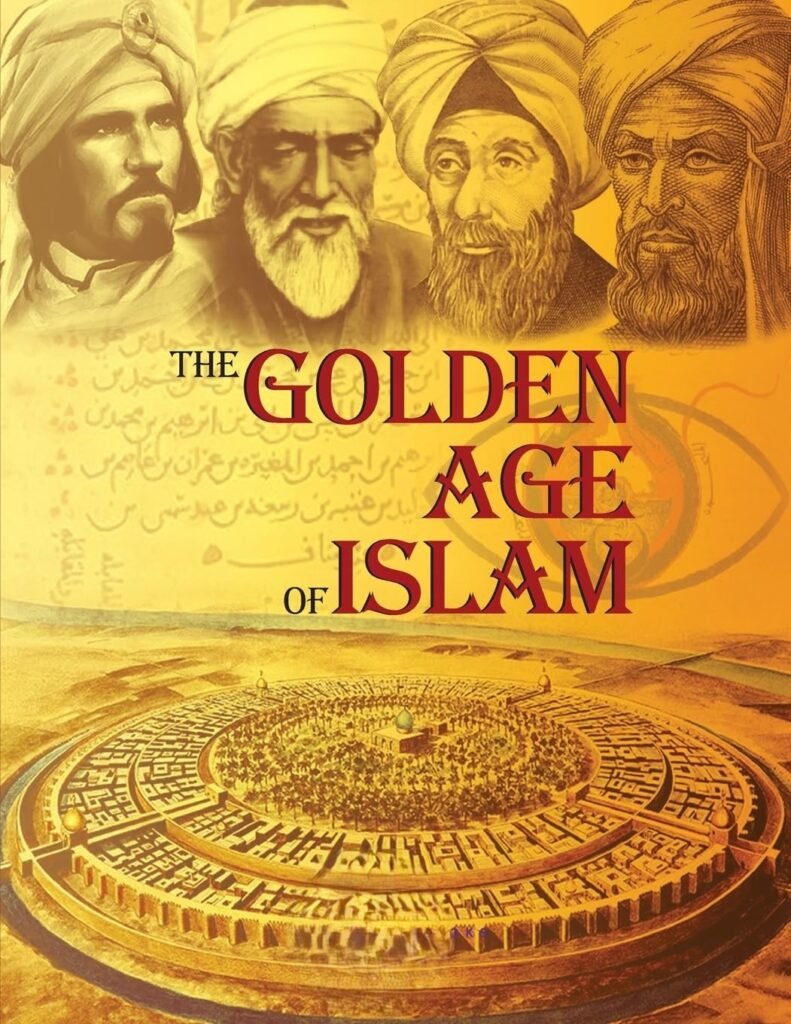Islamic Philosophy: Ancient Wisdom in the Modern World

Islamic philosophy stands as a luminous beacon, guiding humanity through the corridors of time with its profound insights and timeless wisdom. In an era where the cacophony of modernity often drowns out the voices of tradition, the rich tapestry of Islamic News thought offers a sanctuary of clarity and purpose. This exploration delves into the depths of Islamic philosophy, shedding light on its enduring relevance and its harmonious integration into contemporary society.
🌙 What Is Islam?
Islam, a monotheistic faith revealed to the Prophet Muhammad (PBUH) in the 7th century CE, emphasizes submission to the will of Allah (God). The term “Islam” itself is derived from the Arabic root “S-L-M,” signifying peace, purity, and submission. Central to Islamic belief is the concept of Tawhid—the absolute oneness of Allah. This foundational principle underscores the unity of existence and the interconnectedness of all creation.
Core Beliefs
- Tawhid (Oneness of God): The belief in the singularity and uniqueness of Allah.
- Angels: Spiritual beings created by Allah to perform specific tasks.
- Prophethood: Acknowledgment of the prophets, with Muhammad (PBUH) being the final messenger.
- Revealed Books: Acceptance of the Qur’an as the final scripture, along with previous texts like the Torah and the Gospel.
- Day of Judgment: Belief in life after death and accountability for one’s deeds.
Practices
- Shahada (Faith): Professing the oneness of Allah and the prophethood of Muhammad (PBUH).
- Salah (Prayer): Performing ritual prayers five times a day.
- Zakat (Almsgiving): Giving a portion of one’s wealth to those in need.
- Sawm (Fasting): Observing fasts during the month of Ramadan.
- Hajj (Pilgrimage): Undertaking a pilgrimage to Mecca, if financially and physically able.
🕌 The Five Pillars of Islam
These fundamental acts form the foundation of a Muslim’s faith and practices:
- Shahada (Faith): Professing the oneness of Allah and the prophethood of Muhammad (PBUH).
- Salah (Prayer): Performing ritual prayers five times a day.
- Zakat (Almsgiving): Giving a portion of one’s wealth to those in need.
- Sawm (Fasting): Observing fasts during the month of Ramadan.
- Hajj (Pilgrimage): Undertaking a pilgrimage to Mecca, if financially and physically able.
🕰️ Islamic History: A Tapestry of Triumphs and Islamic Philosophy
The annals of Islamic Philosophy are replete with tales of valor, wisdom, and resilience. From the early days of the Prophet Muhammad’s (PBUH) mission to the establishment of the Rashidun Caliphate, the Islamic world has witnessed the rise and fall of empires, the flourishing of sciences, and the spread of its message across continents.
The Rashidun Caliphate (632–661 CE)
Following the death of Prophet Muhammad (PBUH), the Rashidun Caliphate emerged, marking the first phase of Islamic expansion. Under the leadership of the first four caliphs—Abu Bakr, Umar, Uthman, and Ali—the Islamic state expanded rapidly, encompassing vast territories from the Arabian Peninsula to parts of the Byzantine and Sassanian empires.
The Umayyad and Abbasid Caliphates (661–1258 CE)
The Umayyad Caliphate established its capital in Damascus, overseeing a vast empire that stretched from Spain to India. The subsequent Abbasid Caliphate, with its capital in Baghdad, ushered in a golden age of Islamic civilization, characterized by advancements in science, medicine, Islamic Philosophy, and the arts.
The Ottoman Empire (1299–1922 CE)
The Ottoman Empire, one of the longest-lasting empires in history, spanned over six centuries. Its influence extended across Southeast Europe, Western Asia, and North Africa. The Ottomans played a pivotal role in the preservation and dissemination of Islamic culture and knowledge.
📅 Islamic Hijri Calendar: A Sacred Timekeeping System
The Islamic Philosophy & Islamic calendar, known as the Hijri calendar, is a lunar calendar consisting of 12 months in a year of 354 or 355 days. It began in 622 CE, marking the migration (Hijra) of Prophet Muhammad (PBUH) from Mecca to Medina.
Key Dates
- Islamic New Year (1st Muharram): The beginning of the Islamic lunar year.
- Eid al-Fitr (1st Shawwal): Celebrated at the end of Ramadan, marking the end of fasting.
- Eid al-Adha (10th Dhu al-Hijjah): Commemorates the willingness of Ibrahim (Abraham) to sacrifice his son in obedience to Allah.
🎉 What Is Eid?
Eid refers to two major Islamic festivals:
- Eid al-Fitr: Celebrated after the month of Ramadan, Eid al-Fitr is a joyous occasion marking the end of fasting. It is a time for communal prayers, feasting, and giving charity to those in need.
- Eid al-Adha: Known as the “Festival of Sacrifice,” Eid al-Adha commemorates the willingness of Prophet Ibrahim (Abraham) to sacrifice his son in obedience to Allah. Muslims around the world perform the act of Qurbani (sacrificial slaughter) during this time.
🕌 Roza (Fasting) and Salah (Prayer): Pillars of Devotion
Roza (Fasting)
Fasting during the month of Ramadan is one of the Five Pillars of Islam. Muslims abstain from food, drink, and other physical needs from dawn until sunset. This act of devotion fosters self-discipline, empathy for the less fortunate, and a closer connection to Allah.
Salah (Prayer)
Salah, the ritual prayer performed five times a day, serves as a direct link between the worshiper and Allah. The five daily prayers are:
- Fajr: Performed before dawn.
- Dhuhr: Performed after midday.
- Asr: Performed in the afternoon.
- Maghrib: Performed just after sunset.
- Isha: Performed at night.
Each prayer consists of a sequence of movements and recitations, providing a structured framework for spiritual reflection and connection.
🧠 Islamic Philosophy: A Beacon of Enlightenment

Islamic philosophy, or Falsafah, emerged as a synthesis of Greek philosophical traditions and Islamic thought. Philosophers like Al-Farabi, Ibn Sina (Avicenna), and Ibn Rushd (Averroes) delved into metaphysics, ethics, and logic, seeking to reconcile reason with faith.
Key Concepts
- Tawhid: The oneness of Allah, central to Islamic metaphysics.
- Ilahiyyat: The study of divine principles and attributes.
- Nubuwwah: The concept of prophethood and the transmission of divine knowledge.
- Ma’ad: The belief in the afterlife and resurrection.
Islamic philosophy emphasizes the pursuit of knowledge, the importance of ethical conduct, and the harmony between reason and revelation.
🌍 Contemporary Islamic Affairs: Navigating Modern Challenges
In the modern era, Islamic Philosophy faces a myriad of challenges and opportunities. From geopolitical tensions to socio-economic disparities, the Islamic community continues to strive for justice, peace, and development.
Geopolitical Landscape
The Middle East remains a focal point of international attention, with ongoing conflicts and diplomatic efforts shaping the region’s future. The complexities of these issues require nuanced understanding and thoughtful engagement from the global community.
Socio-Economic Development
Islamic Philosophy: Efforts to improve education, healthcare, and infrastructure are underway in many Muslim-majority countries. Organizations like the Islamic Development Bank play a crucial role in fostering economic growth and development.
Interfaith Dialogue
Promoting understanding and cooperation between different faith communities is essential for global peace. Interfaith initiatives aim to build bridges and foster mutual respect among diverse religious groups.
🏛️ Modern Political Systems in the Islamic World
Contemporary Islamic nations exhibit diverse political structures:
- Republics: Countries like Turkey and Indonesia operate as secular republics with Muslim majorities.
- Monarchies: Nations such as Saudi Arabia and Jordan maintain monarchical systems.
- Islamic Republics: Iran exemplifies a theocratic republic blending Islamic principles with republican governance.
These varied systems reflect the adaptability of Islamic principles to different cultural and political contexts.
🎓 Modern Educational Systems
Education in the Islamic world has evolved:
- Traditional Madrasas: Focus on religious studies and classical subjects.
- Modern Universities: Institutions like Al-Azhar University in Egypt and the International Islamic University in Malaysia offer diverse curricula.
- Challenges: Addressing disparities in educational access and quality remains a priority.
⚖️ Islamic Legal and Justice Systems
Islamic law, or Sharia, encompasses a comprehensive system of ethics, morality, and jurisprudence. It governs aspects of daily life, including family, finance, and criminal justice.

Sources of Islamic Law
- Qur’an: The holy book of Islam.
- Hadith: The sayings and actions of Prophet Muhammad (PBUH).
- Ijma: Consensus among scholars.
- Qiyas: Analogical reasoning.
Islamic legal systems aim to ensure justice, equity, and the well-being of society.
Conclusion
Islamic Philosophy dynamic and multifaceted faith that continues to influence the world in profound ways. Its rich history, cultural heritage, and spiritual teachings offer valuable insights into the human experience. By exploring the depths of Islamic civilization, we gain a greater appreciation for its contributions to humanity and its enduring legacy.
